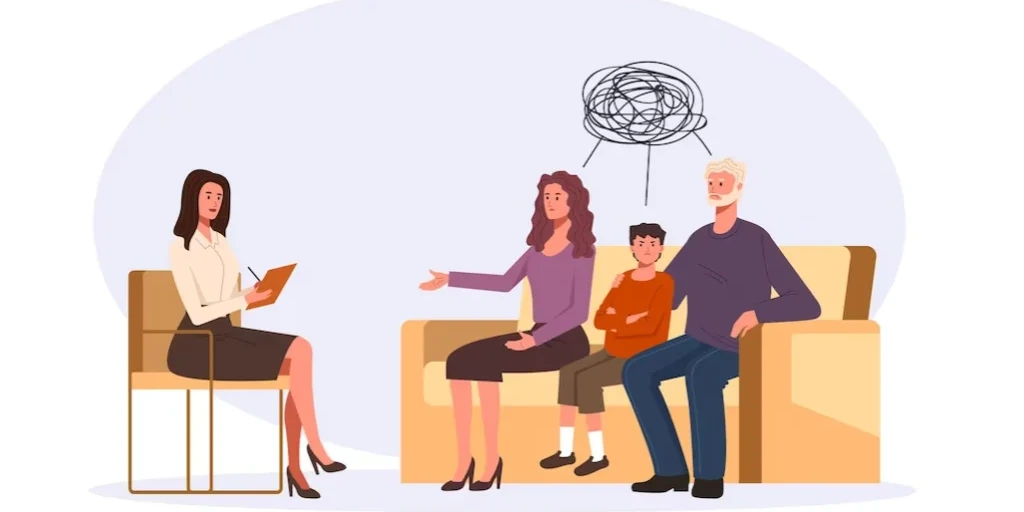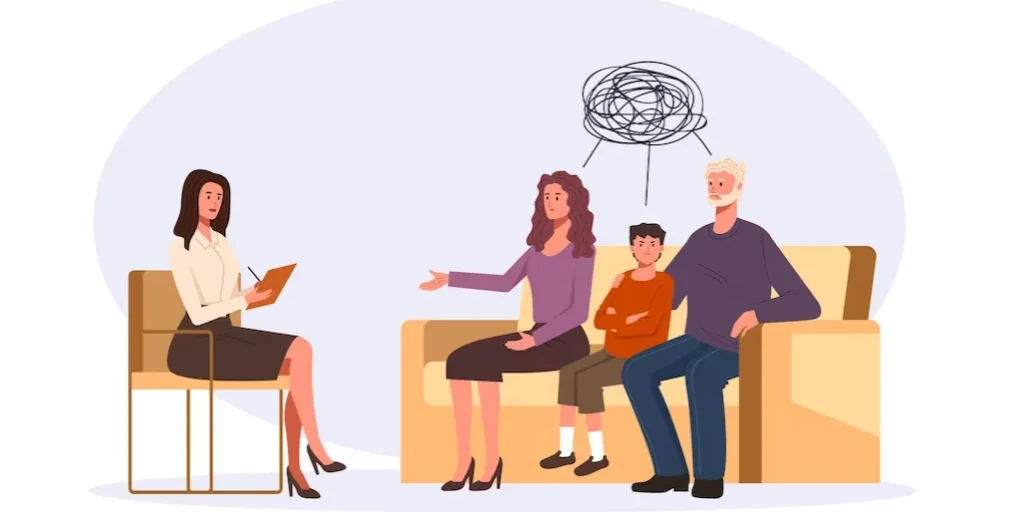24/7 Helpline:
(866) 899-111424/7 Helpline:
(866) 899-1114
Learn more about Bipolar Disorder Treatment centers in Scottsville
Bipolar Disorder Treatment in Other Cities

Other Insurance Options

Private insurance

PHCS Network

Covered California

ComPsych

Highmark

Absolute Total Care

Self-pay options

Carleon

CareSource

Health Choice

UMR

WellCare Health Plans

Anthem

Ambetter

American Behavioral

Group Health Incorporated

United Health Care

Cigna

Health Net

Coventry Health Care

Time Out Community Counseling and Correctional Services
Time Out Community Counseling and Correctional Services offers outpatient treatment for individuals ...

LifeSkills Service Center – Allen County
LifeSkills Service Center – Allen County is a private rehab located in Scottsville, Kentucky. LifeSk...

More to Life Counseling
More to Life Counseling offers faith-based and evidence-based counseling services for individuals, f...
































































